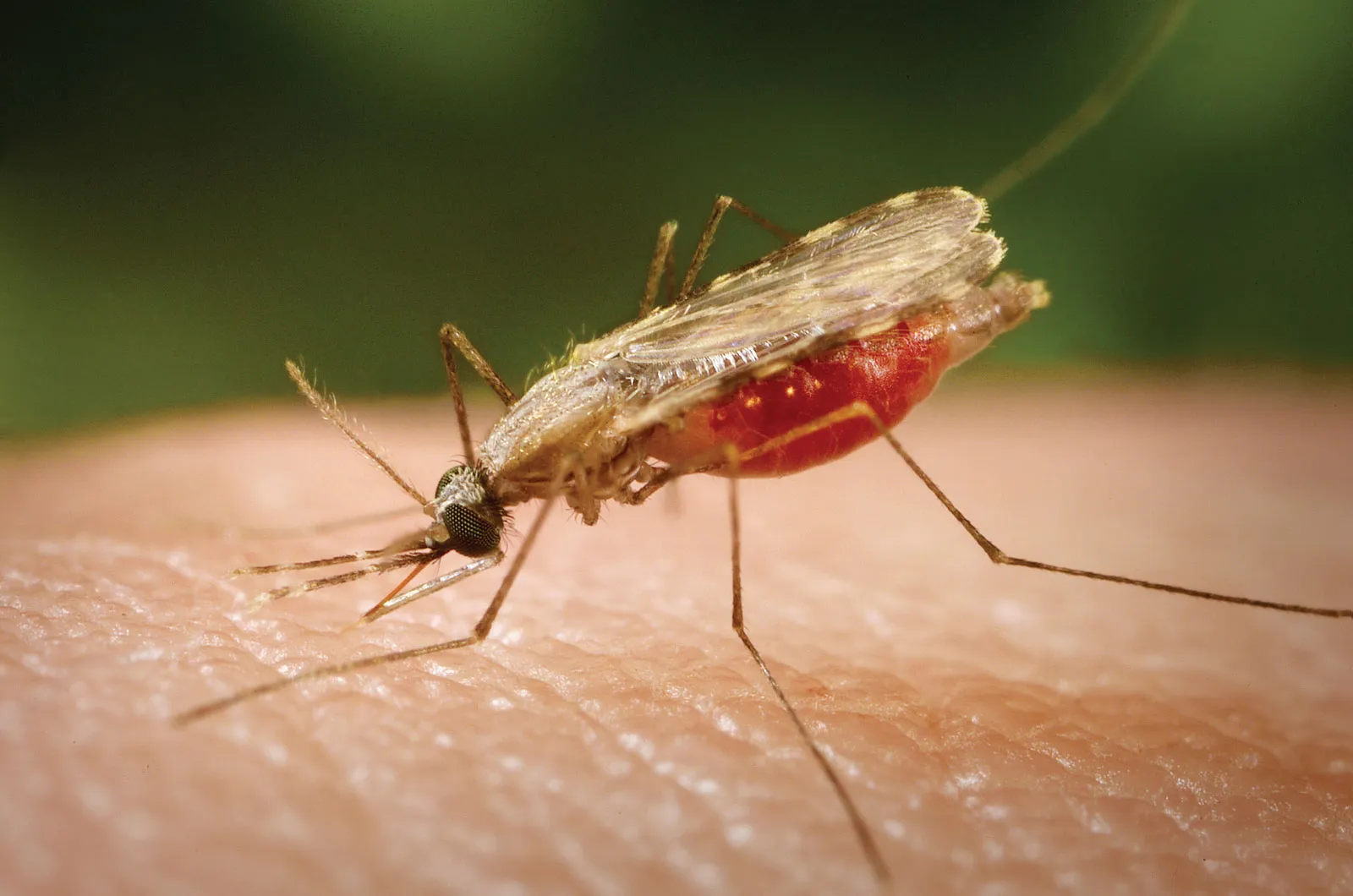The Pan African Vivax and Ovale Network (PAVON): Investigation of the determinants of Plasmodium vivax and P. ovale infections in Ghana: parasites prevalence and host factors.
The Pan African Vivax and Ovale Network (PAVON): Investigation of the determinants of Plasmodium vivax and P. ovale infections in Ghana: parasites prevalence and host factors.

Project Lead(s)

Associate Professor
Project Background
Malaria disease in Africa has generally been considered to be caused by Plasmodium falciparum. However, non-falciparum malaria caused by the other species of Plasmodium such as P. vivax which is predominant outside of Africa except Madagascar and the Horn of Africa, has had very little attention. This is due to the assumption that sub-Saharan Africans lack the Duffy antigen receptor for chemokines (DARC) and are therefore not amenable to infection by P. vivax. Recently, several P. vivax autochthonous infections in African countries have been reported. These include Botswana, Namibia, Sudan, Ethiopia, Cameroon, and Nigeria, and in apparently Duffy negative individuals. The World Health Organization (WHO) and the Roll Back Malaria (RBM) have therefore added P. vivax to their agenda for Africa. Considering that in Africa P. falciparum is predominant and deadly, the synergistic effect of the two most virulent malaria parasites in Africa will compound the malaria menace and hence the need for active surveillance of the parasite species for malaria control strategies. The persistence of P. vivax is enhanced by the hypnozoite stage which is shared by P. ovale and common in Africa. The Pan African Vivax and Ovale Network (PAVON) is mandated to do active epidemiological surveillance of these parasites in all malarious African countries including Ghana as well as determine the host genetic factors enhancing their survival in Africa. This study is being conducted in collaboration with the NMCP and the findings would in the long term inform policy change in malaria intervention strategies in Ghana.
Objectives/Research Areas
- Determine the prevalence of P. vivax and P. ovale circulating in Ghana.
- The type selected host genes (Duffy antigen, beta-globin and G6PD) are associated with malaria infections.
- Determine the association between genetic variants of the host genes and susceptibility to P. vivax and P. ovale infections.
Key Publications
- Quaye IK, Aleksenko L, Oeuvray C, Yewhalaw D, Duah N, Gyan B, Haiyambo DH, Dongho GBD, Torgby RA, Amoah L, Hamid MA, Worku S, Bahiti AA, Pasquale HA, Bitsie M, Troare I, Diarra A, Njunju E, Cisse M, Soulama I, Savadogo RJ, Issifou S, Niangaly A, Dembele L, Greco B (2021). The Pan African Vivax and Ovale Network (PAVON): Refocusing on Plasmodium vivax, ovale and asymptomatic malaria in sub-Saharan Africa. Parasitology International 30:102415. doi: 10.1016/j.parint.2021.102415.
- Brown C. A., Pappoe-Ashong P. J., Duah N., Ghansah A. Asmah H., Afari E., Koram K. A. (2021). High frequency of the Duffy-negative genotype and absence of Plasmodium vivax infections in Ghana. Malaria Journal 17;20(1):99. doi: 10.1186/s12936-021-03618-0. PMID: 33596926; PMCID: PMC7888148.
Team
External Collaborator(s)
Prof. Isaac K Quaye, Regent University College of Science and Technology, Accra, Ghana.
Prof. Delenasaw Yewhalaw, Director of Tropical and Infectious Diseases Research Center (TIDRC), Jimma University, Ethiopia
Mr. Ebenezer Tawiah Sowah, Regent University College of Science and Technology, Accra, Ghana
Mrs Janet Tormeti, Regent University College of Science and Technology, Accra, Ghana
Funder(s)
Merck Global Health Institute, Germany




